New car sales in China will hit 20 million by 2020, and double to 40 million by 2030, according to estimates released by the Global Automotive Forum.
The growth to 20m new car sales, which will make China by far the biggest car market in the world (ahead of the US), is expected to be a result of an average GDP growth of about seven per cent per year for the rest of the decade.
However, key industry figures are now estimating that new car sales will double again between 2020 and 2030. Estimates shown by Ronald Hoge, CEO of Pinnacle Engines, showed Chinese sales at 40.7m units and the US at just 17.6m sales. India is estimated at 11.7m, Brazil at 7.8m and Russia at 5.2m.
In what is clearly bad news for mature Western markets, Germany is expected to see 3.7m new cars sales in 2030, and France 3.2m, with the UK predicted to hit just 2.9m units, a surprise figure that suggests big falls in the number of cars per adult in Britain over the next 25 years.
If China does reach these predicted heights, it will be a consequence of the determined drive by car makers who want to penetrate new markets, in particular the smaller cities in central and western China which are set to expand following the huge growth in megacities such as Beijing and Shanghai.
Longer-term growth will also be driven by the Chinese government, which already wants to further extend China’s huge road network and see more self-sustaining megacities established. This is backed by the strong trend for the Chinese population to move out of poorer rural areas into urban areas.

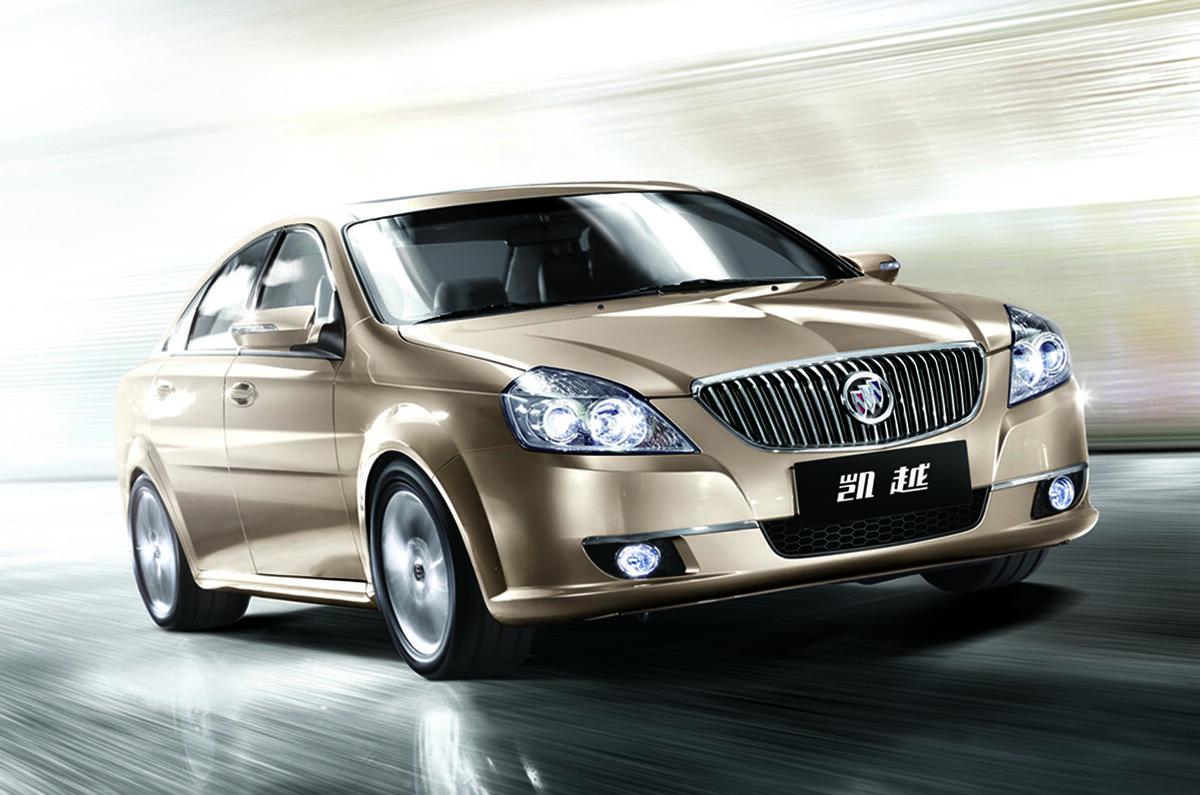
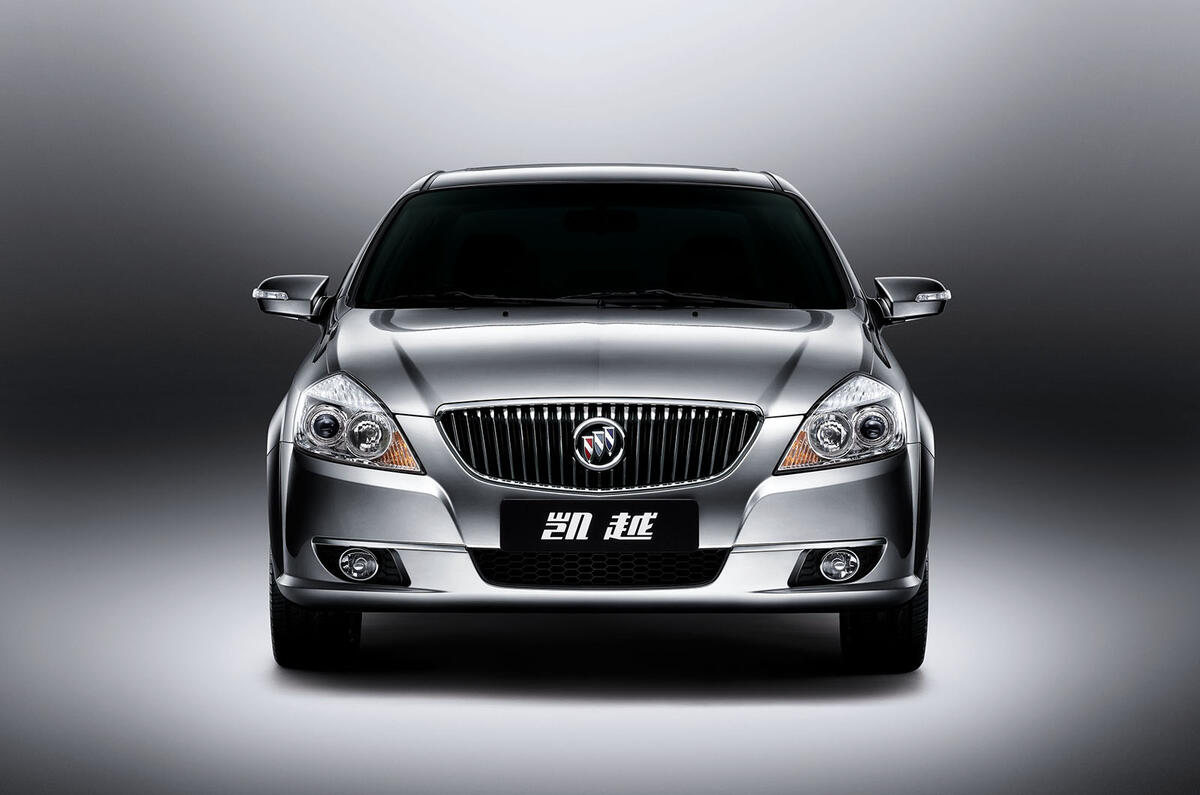
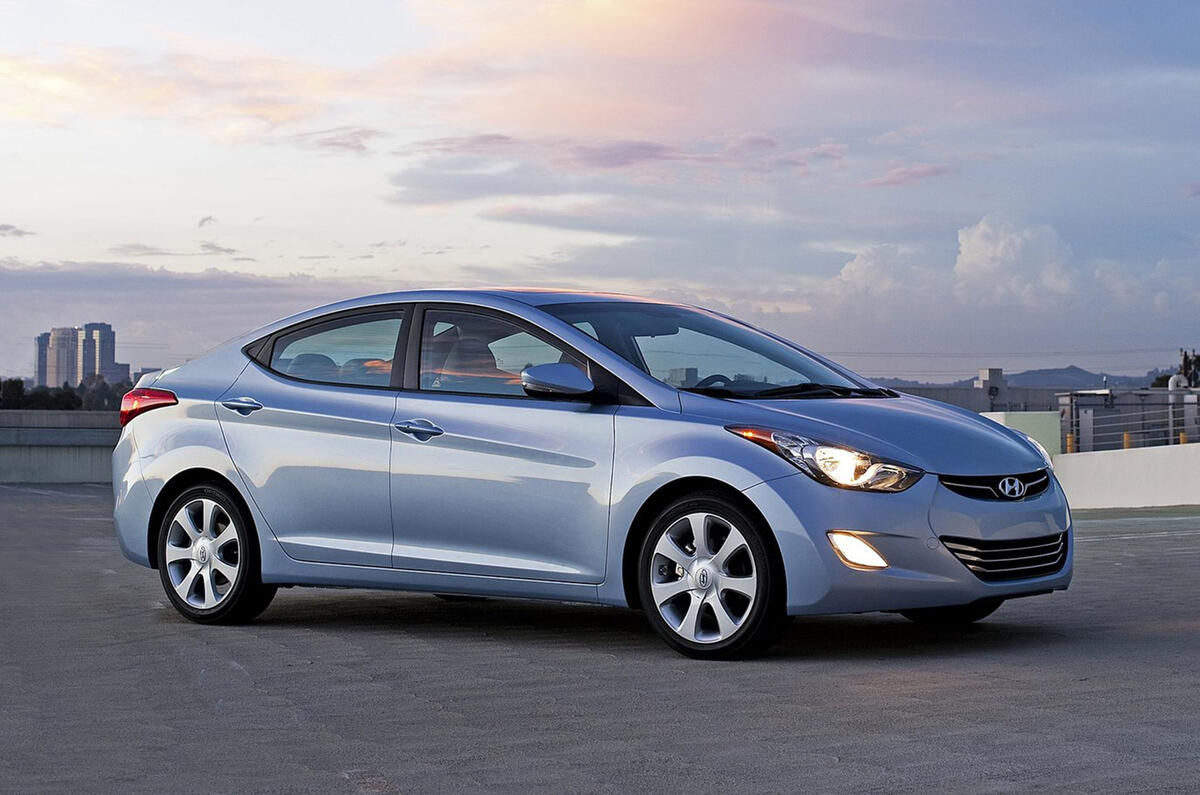
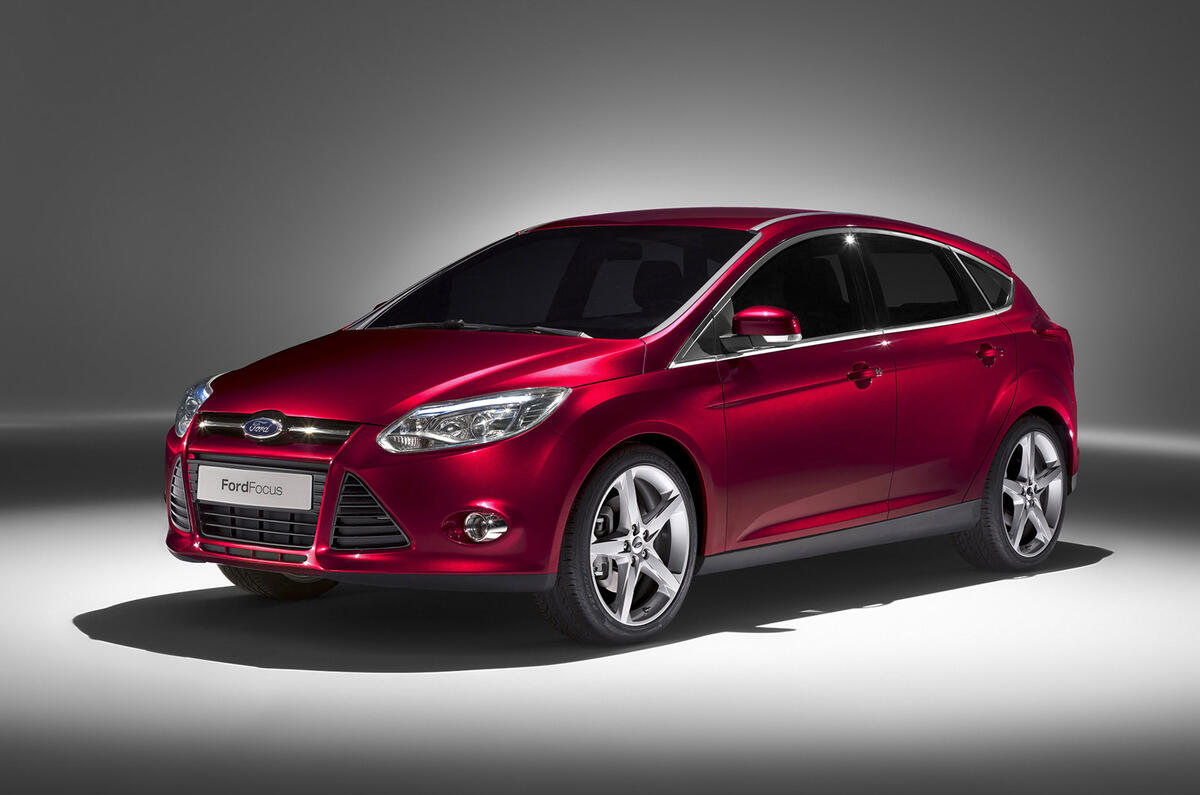
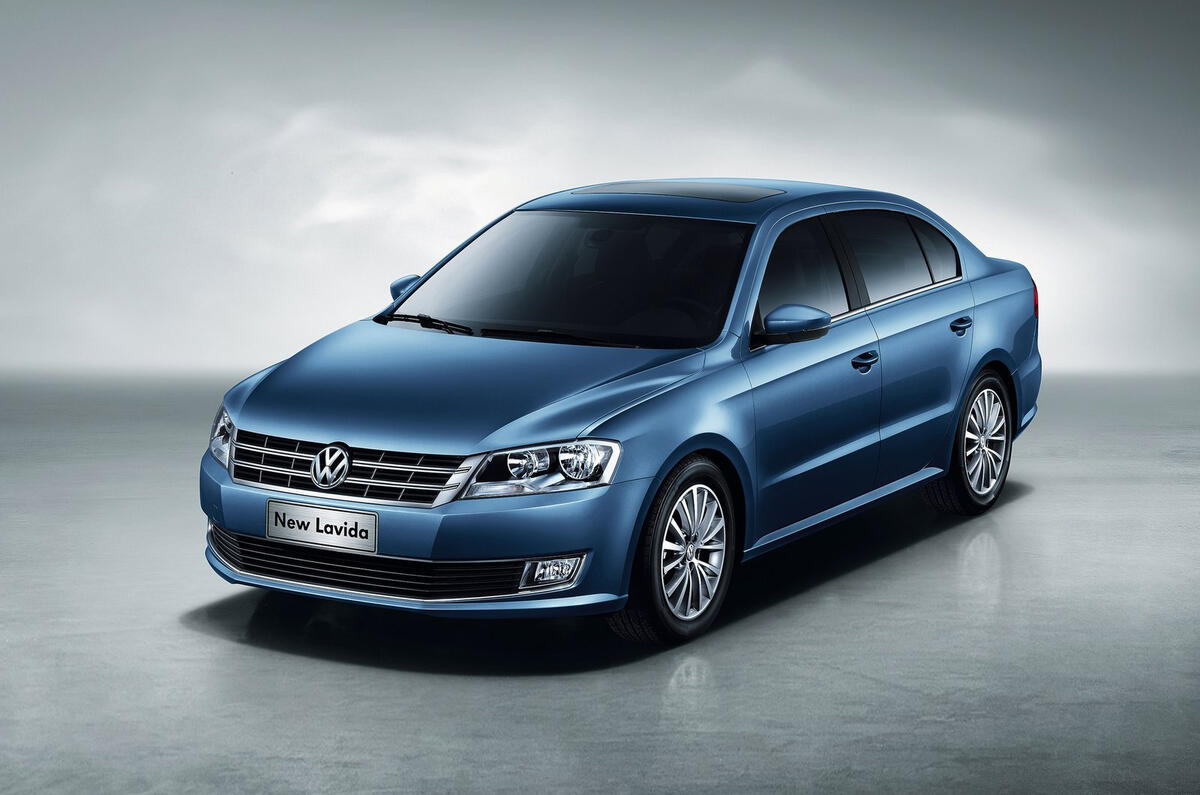
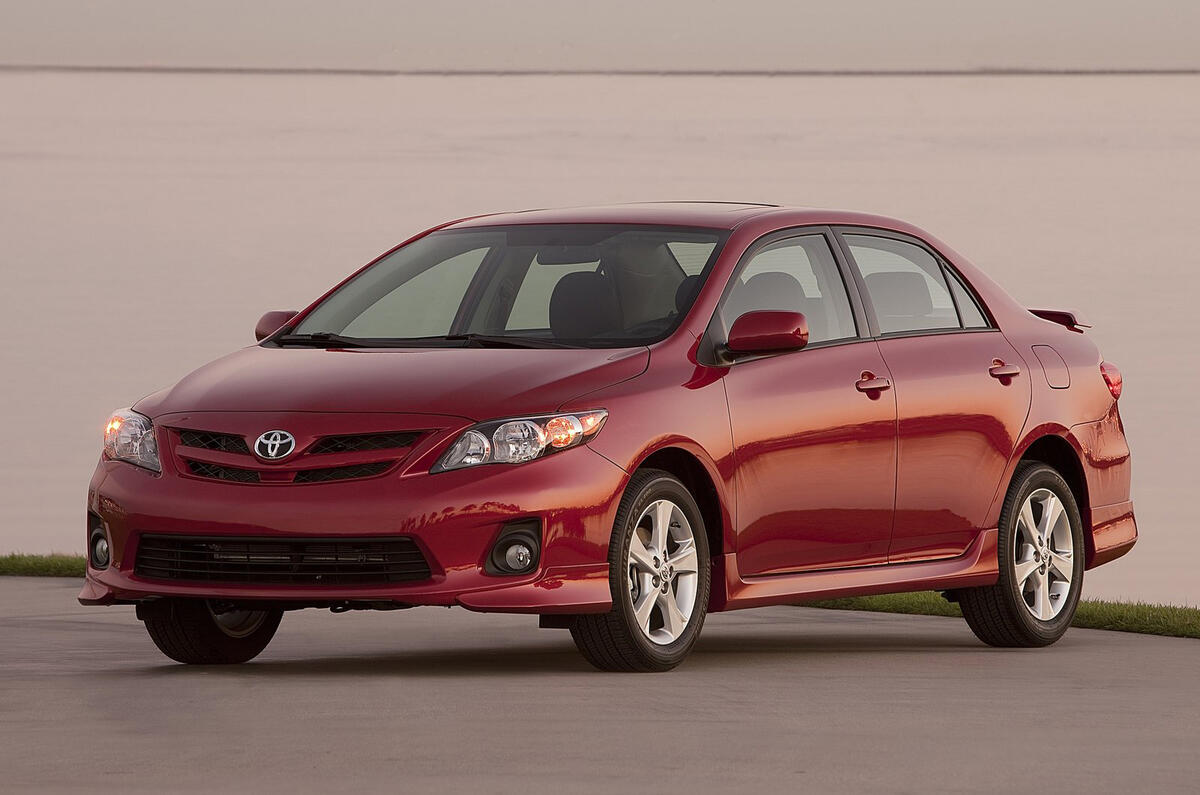
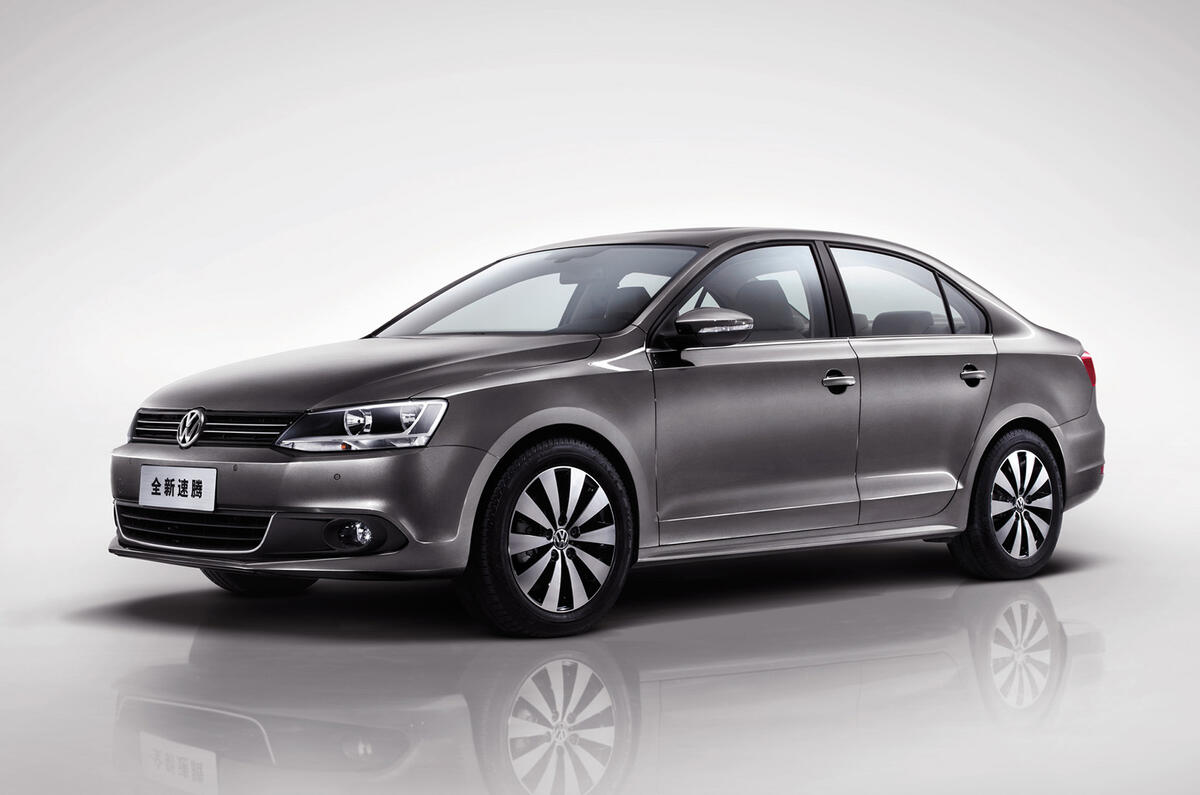
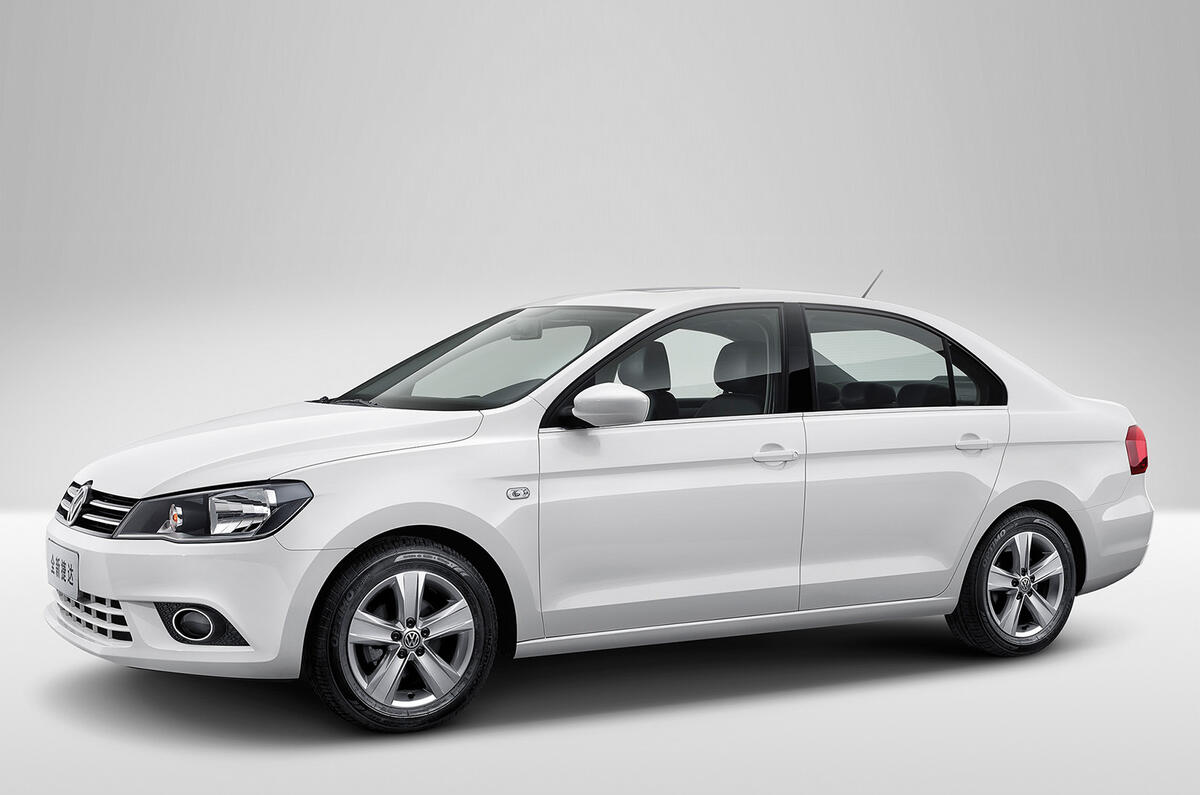
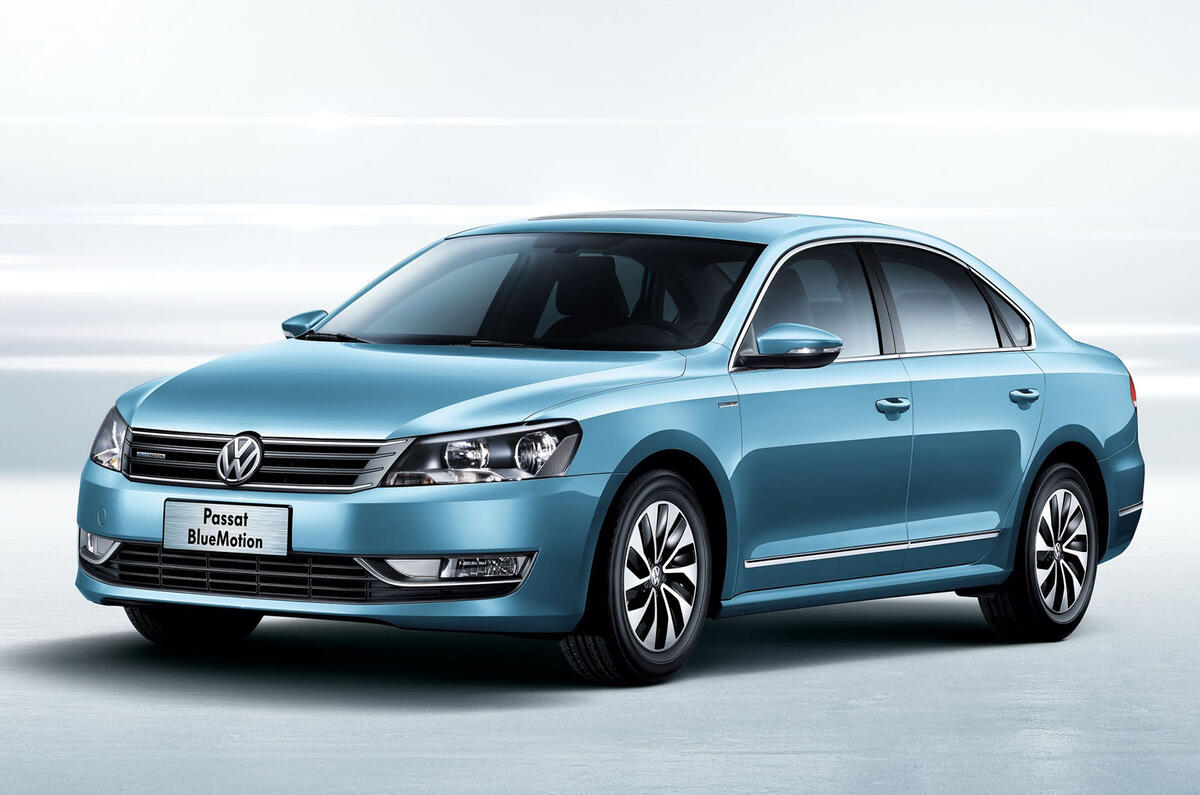
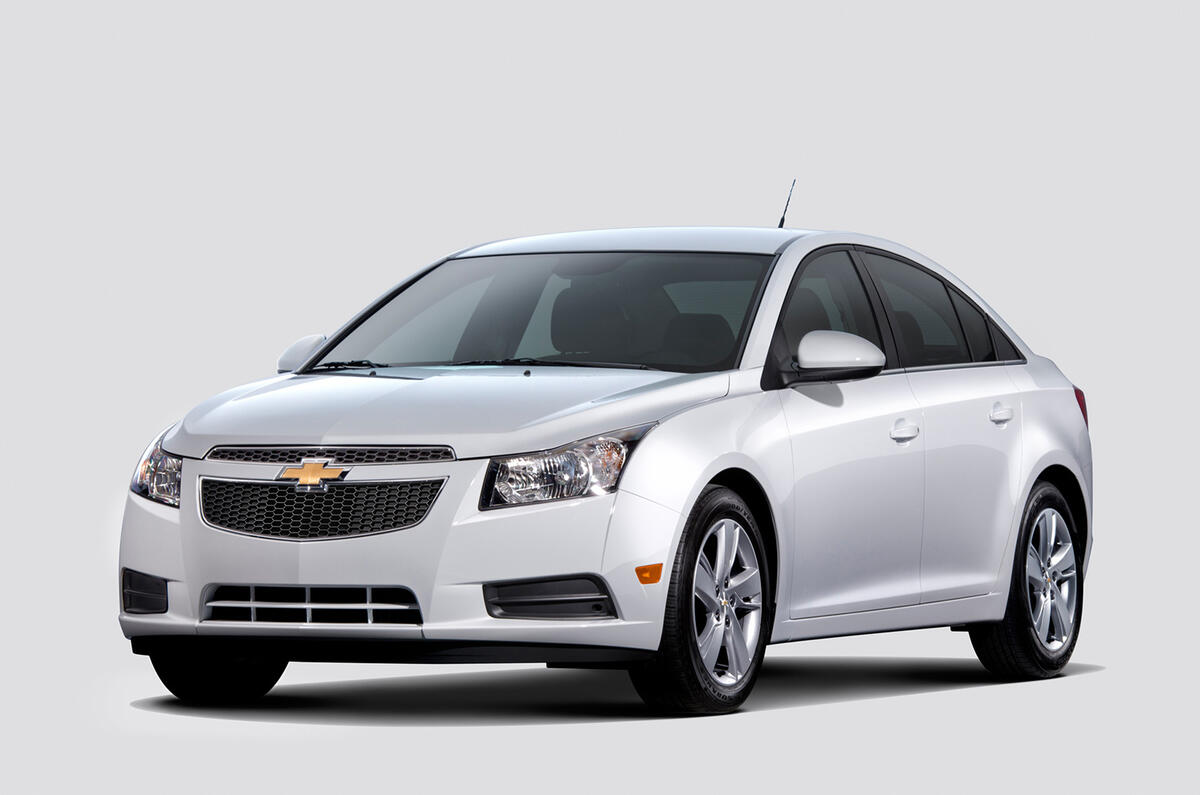
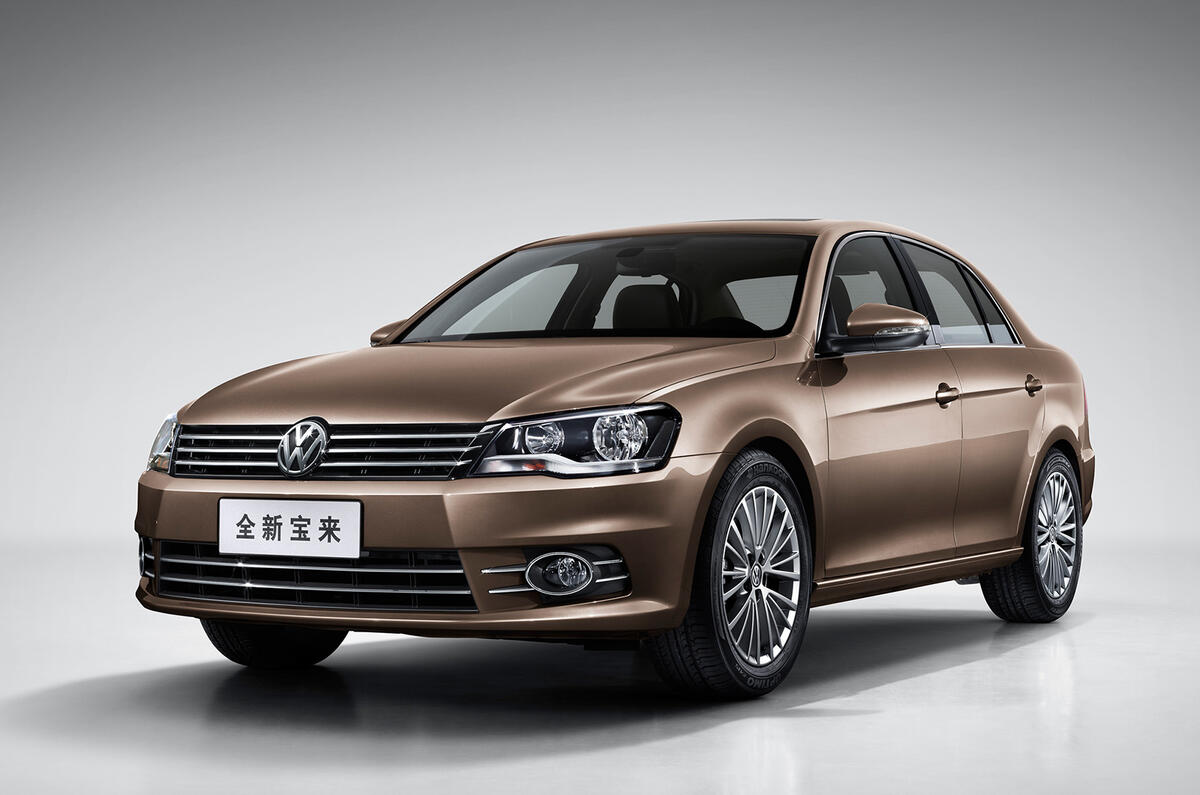

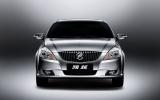











Join the debate
Add your comment
Predictions are merely predictions
The numbers for the UK must be based on some worrying assumptions about the growth of our population (no doubt the majority of which will be in our already overcrowded cities).
However, the estimates for the growth in China could be seen as a mixed blessing. On the one hand, this sales growth offers massive potential for European manufacturers to play their part in rebalancing our trading relationships with China. If this is done successfully it will also be fantastic news for job creation and national wealth. Success in this area obviously requires the correct products for the market, but politicians need to make sure that trading terms are negotiated to overcome import tariffs and quotas-this is fortunately something that the UK government having been working on, though no doubt there is still much work to be done.
The flip side is that it calls into questions the validity and efficacy of European environmental legislation and policies, many of which have served to make life very expensive for normal citizens in Europe. The figures involved in China will obviously produce a much greater impact than that which us Europeans have been worrying about for decades. Assuming the majority of these vehicles are fossil fuelled, then this will have implications for fuel reserves and the cost of oil. If they are electric powered than China will need to commission even more coal fired power stations to meet demand.
I don't want to sound like a neo-Malthusian but we do need to keep at least one eye on the implications of population growth and economic development on the worlds finite resources.
Besides the planet-trashing numbers
the real worry is that, while the Chinese think they are buying the kinds of cars Westerners like to drive, China's dominance will mean that as a decreasingly relevant market we'll eventually be buying cars designed for the Chinese. Blingtastic saloon, anyone?
These attempts at prediction are such nonsense.
Why would car sales of 2.9m in the UK represent a big fall in the number of cars per adult in the UK - last year there were 2044609 cars sold? Not even the most rampant population explosionist is suggesting that the adult population is going to grow 41% in the next 17 years!
But then why would the US, with a growing population, have almost no growth in sales at all in the same period?